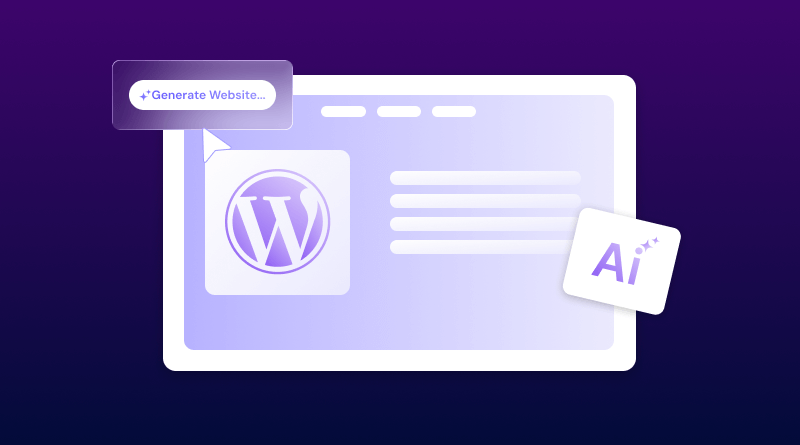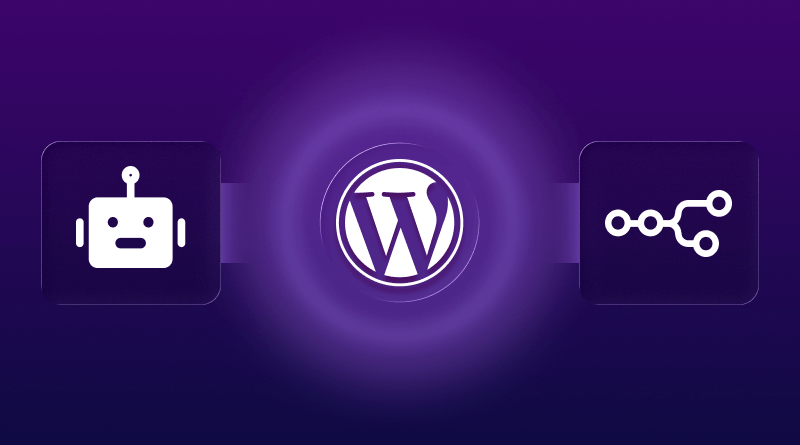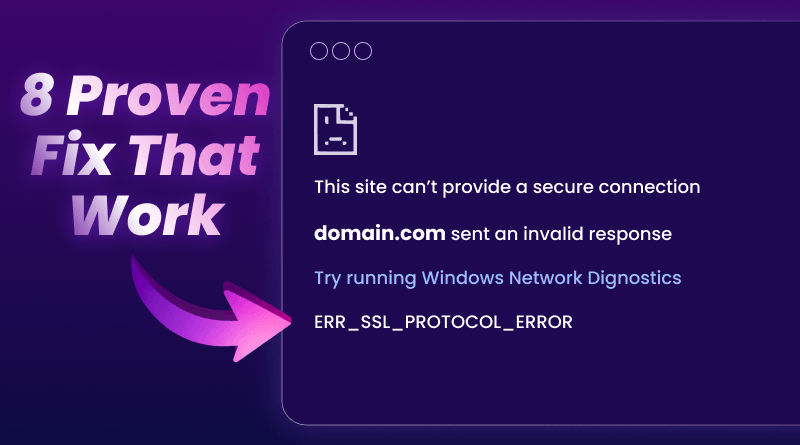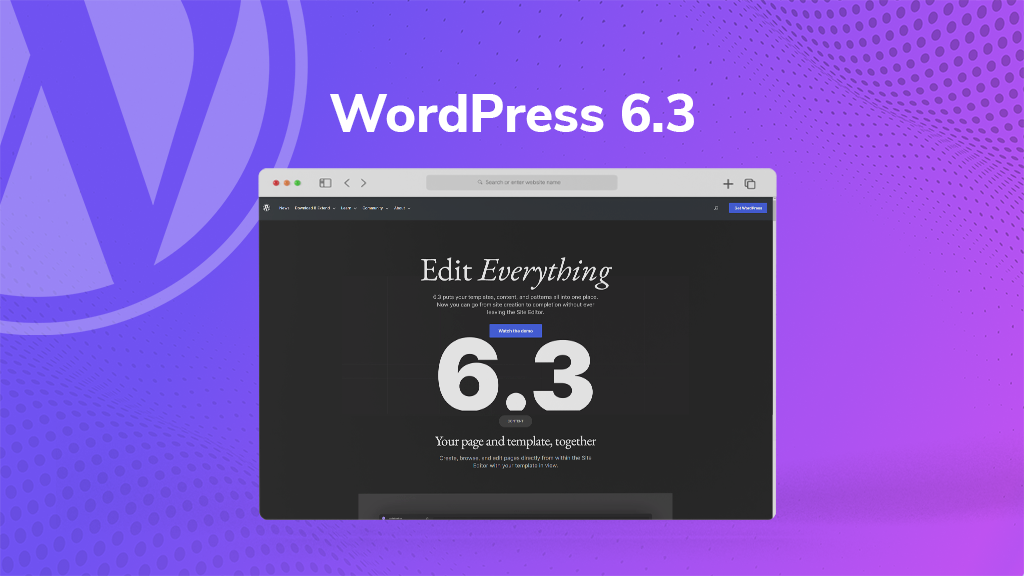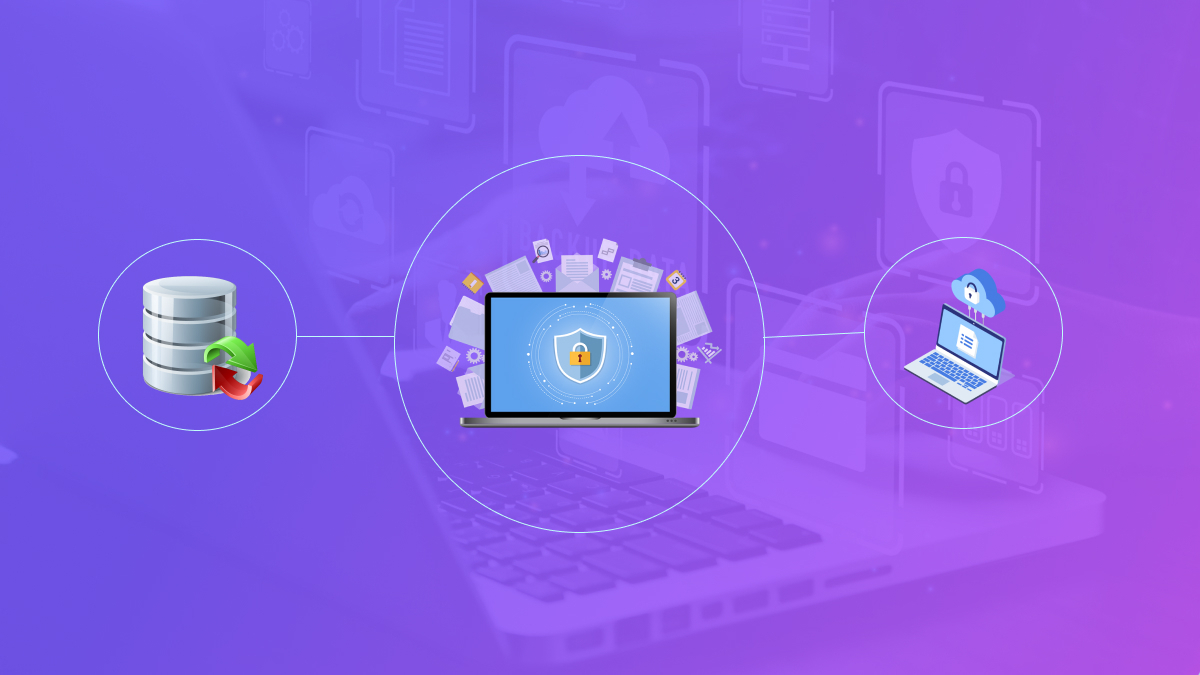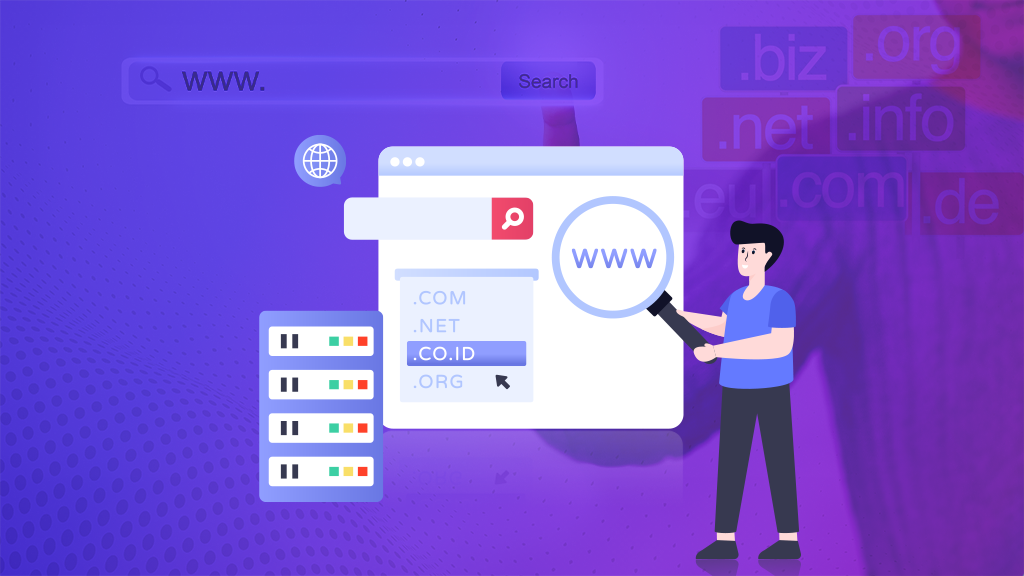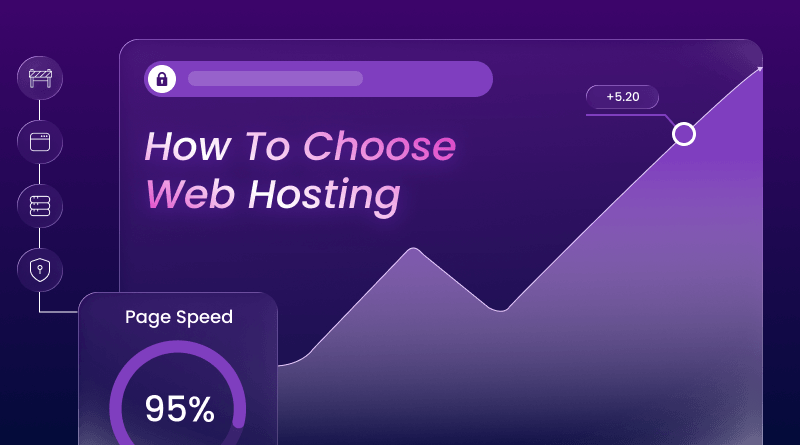
Marcus signed up for a $2.99/month hosting plan last March.
Great deal, right?
Three months later, his website was loading in 8 seconds. Google buried its site on page four. When he called support, wait times stretched past 90 minutes.
That bargain price came with shared resources from 400 other websites, outdated server technology, and support that only worked during business hours in a different timezone.
Choosing web hosting isn’t just about finding the cheapest monthly rate. It’s about finding infrastructure that actually supports what you’re trying to build.
In 2026, web hosting has evolved far beyond simple storage space. AI-powered tools now automatically optimize server performance. Green hosting reduces carbon footprints by 60%. Multi-cloud strategies prevent complete business shutdowns during outages.
This guide will show exactly how to choose web hosting that fits your budget, handles your traffic, and doesn’t sabotage your growth six months from now.
Why Your Hosting Provider Actually Matters
Your host decides three things your visitors notice immediately: load speed, uptime, and security.
Slow sites tank sales fast. About 53% of mobile users bail if pages take more than 3 seconds to load. Each additional second? You lose roughly 7% of potential buyers.
Security breaches hurt worse. Most customers don’t return after security problems on your site. Google also drops hacked sites lower in search results.
The hosting world shifted a lot recently. AI now adjusts server performance on the fly. More companies run data centers on renewable energy. Businesses spread risk across multiple providers instead of betting everything on one.
Your Hosting Options, Explained Simply
Here’s what different hosting types actually do.
Your website shares one server with other sites. Everyone splits resources, like neighbors sharing utilities in an apartment building.
Works great for personal blogs pulling 5,000 monthly visitors, simple portfolio sites, or local business pages with basic contact info. Costs range from $2 to $ 12 monthly.
Doesn’t work once traffic hits 25,000+ visitors, you’re handling payments, or plugins bog everything down.
VPS: Getting Your Own Space
Virtual Private Servers carve dedicated sections from shared hardware. Nobody touches your guaranteed resources.
Makes sense when traffic lands between 25,000 and 200,000 monthly visits: you need custom software, basic plans don’t support it, or growth requires more room.
Around 24 million sites use VPS globally. Expect $15-80 per month.
Cloud: Backup Servers Everywhere
Cloud hosting spreads your site across multiple connected servers. One goes down? Another takes over instantly.
Perfect for sites that absolutely can’t go offline, unpredictable traffic patterns, or situations where you might migrate smoothly.
Handles traffic spikes automatically by adjusting resources in real-time.
Dedicated: The Entire Server Belongs to You
Dedicated means one physical machine, all yours.
Necessary when daily traffic is massive, security compliance demands isolation, or peak performance cannot slip ever. This market jumped from $16.95 billion in 2023 to $29.6 billion in 2026.
Features That Actually Matter
Skip the fancy add-ons. Focus on these.
Real Security Protection
SSL certificates come free, period. DDoS protection blocks attacks automatically. Firewalls watch incoming requests constantly. Daily malware scans run automatically.
Actual Speed
NVMe SSD storage beats traditional drives hands down. Server responses under 200 milliseconds keep things moving. LiteSpeed servers easily outperform older Apache configurations. Caching reduces database hits and speeds page loads.
Guaranteed Uptime
Decent hosts promise 99.9% uptime – roughly 8.7 hours of downtime per year. Better ones deliver 99.99%, with just 52 minutes of downtime annually. Always check if missed guarantees trigger compensation.
Available Support
24/7 access through chat, email, and phone isn’t optional. Response times under 15 minutes signal proper staffing.
Test pre-sales support first. How they treat prospects shows how they’ll treat customers. Places like BigCloudy also provide free website migration.
Easy Scaling
Growing shouldn’t force platform changes. Managed hosting handles updates automatically while you focus on content, not server maintenance.
Working Backups
Daily automated backups save you from deletions, attacks, or crashes. One-click restoration brings sites back in minutes instead of hours. Keep a minimum of 30 days for multiple recovery options.
Clear Pricing
Renewal rates matter more than intro deals. That $3.99 promotional price might double to $14.99 after year one. Hidden SSL, backup, or website-migration fees can pile up quickly.
Matching Hosting to What You’re Building
Small Business Sites
Sharing services, hours, and contact details. Under 10,000 monthly visitors. Budget around $5-15 monthly.
Managed WordPress or quality shared hosting works fine. Get email included, free SSL, and simple control panels like cPanel.
Online Stores
Processing 50-200 daily orders across hundreds of products. PCI compliance is required for payment security.
Cloud or managed WordPress optimized for ecommerce fits best. Staging environments let you test updates safely before launching.
Traffic-Heavy Blogs
Monthly visitors top 100,000 with viral spikes. Heavy images and videos eat up bandwidth. VPS or cloud services deliver what you need affordably. CDN integration speeds global delivery.
Portfolio Showcases
Creative work displayed through galleries or video reels. Low traffic, but presentation counts. Shared hosting with solid storage and optimization handles this easily.
Conclusion
Figure out actual requirements first.
Expected traffic in six months?
Building a platform?
Email hosting needed?
Test support with pre-sales questions. Current responsiveness predicts future service quality.
Check reviews across multiple sites – skip their handpicked testimonials. Watch for patterns in billing, support, or performance complaints.
Confirm that the data centers are near your audience. Proximity equals faster loading.
Start short-term if possible. Monthly or quarterly billing lets you evaluate before annual commitments.
Your hosting builds the foundation for everything else. Choose thoughtfully but avoid analysis paralysis. Migration’s always possible if circumstances shift. Just start with someone reliable who supports your growth rather than blocks it.
FAQs
Shared puts multiple sites on one server, splitting resources. Cheap but performance-limited. Cloud distributes your site across several connected servers with better reliability and automatic failover. Cloud costs more but handles traffic surges smoothly.
Shared runs $2-12 monthly for simple sites. VPS costs $15-80 for expanding businesses. Cloud and managed WordPress range from $ 20 to $100+, depending on features. Dedicated starts at $80-$200 per month. Always verify renewal pricing – intro rates commonly double afterward.
Absolutely. SSL encrypts visitor-server data. Google penalizes non-HTTPS sites in rankings. Chrome displays “Not Secure” warnings, scaring visitors off. Quality hosts include free SSL through Let’s Encrypt.
Yes, guarantee 99.9% uptime yearly. Better ones hit 99.99%. Premium reaches 99.999%. Below 99.9% fails business site standards. Verify guarantees include compensation for missed targets.
BigCloudy offers shared hosting (WordPress and cPanel), VPS hosting (Linux and Windows), cloud hosting, and dedicated servers. Their WordPress hosting includes unlimited NVMe storage, free SSL certificates, and LiteSpeed servers for better performance.
Definitely. Physically closer servers deliver faster content. Mumbai servers load faster for Indian visitors than California servers do. Find hosts with multiple data centers or built-in CDNs caching globally.


